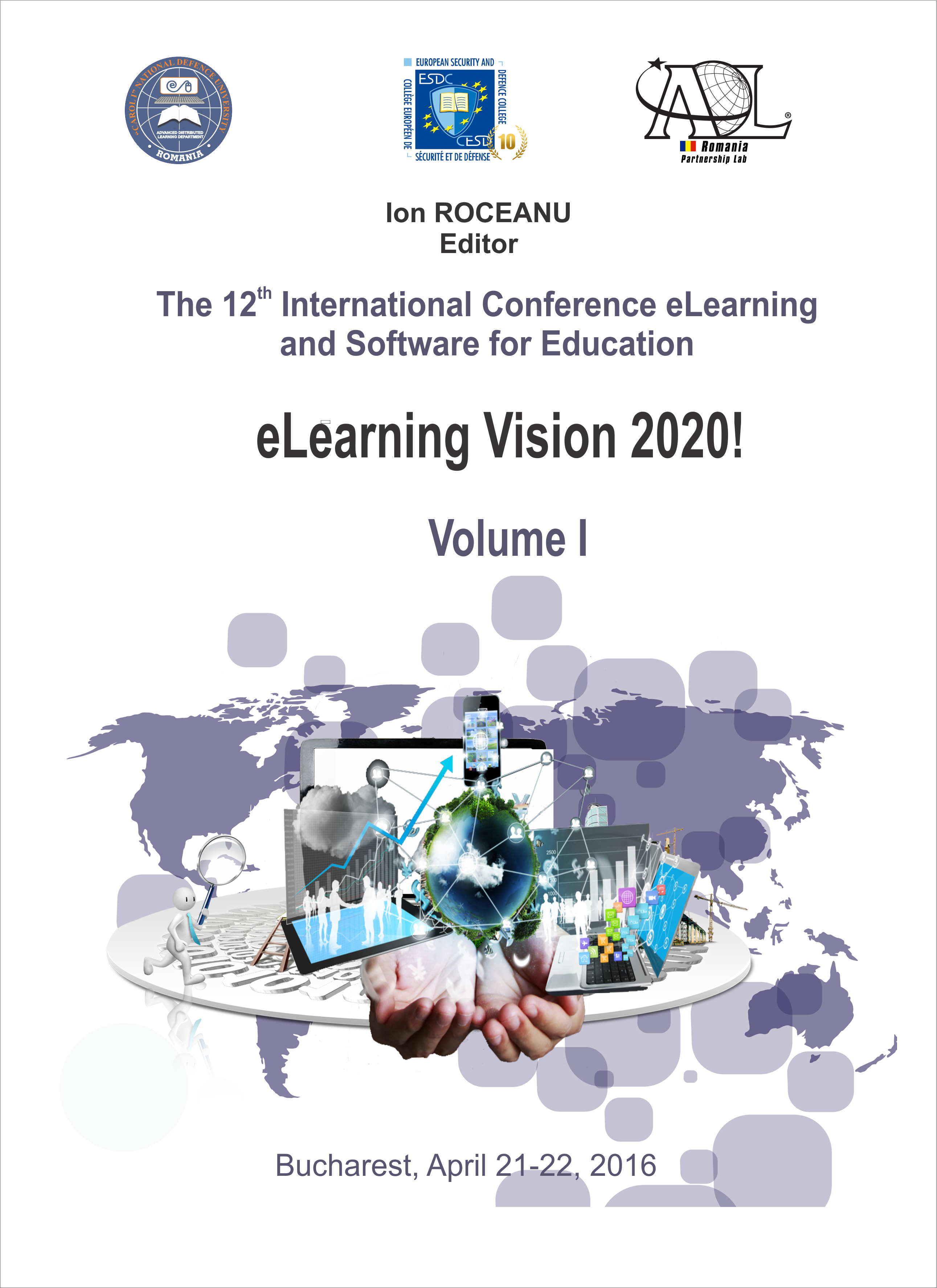A SURVEY OF VIRTUAL REALITY APPLICATIONS AS PSYCHOTHERAPEUTIC TOOLS TO TREAT PHOBIAS
A SURVEY OF VIRTUAL REALITY APPLICATIONS AS PSYCHOTHERAPEUTIC TOOLS TO TREAT PHOBIAS
Author(s): Iulia-Cristina Stănică, Maria-Iuliana Dascălu, Alin Moldoveanu, Constanţa-Nicoleta Bodea, Sorin HostiucSubject(s): Health and medicine and law, ICT Information and Communications Technologies
Published by: Carol I National Defence University Publishing House
Keywords: phobias; virtual reality; treatment; computer-based tools;
Summary/Abstract: The current paper presents a survey on virtual reality applications and analyses their utility as tools for learning how to overcome phobias, thus improving one’s quality of life. Nowadays, phobias do not have a universal treatment, even though medicine is a constantly evolving field. There are hundreds of well-known phobias, such as Arachnophobia (fear of spiders), Agoraphobia (fear of open spaces), Claustrophobia (fear of closed spaces), as well as bizarre ones, such as Coulrophobia (fear of clowns). In some cases, specialists consider that avoiding the phenomenon which causes the phobia is the sufficient treatment; in others, the exact opposite, being gradually exposed to the object of fear may lead to a cure. We have to start looking for other psychotherapeutic methods, innovative ones, in order to help people surpass their immense fears and improve their life quality. Virtual Reality (VR) is a major current trend, a technology which creates a realistic artificial environment that can have a lot of day-to-day applications. Using IT-based solutions for treating real-life problems, especially medical conditions, can be viewed as controversial and provoke scepticism. The current methods of dealing with phobias will be reviewed, as well as the computer-based or VR-based tools used for this genre of treatment. We will analyse the existent VR applications, the concept behind their mechanism and the possibility of exploiting them in a medical environment. There are a lot of challenges coming from such an innovative field, therefore the paper debates whether these IT instruments are useful, difficult to implement or if they can be tested on real subjects. Based on the results of the survey, we will propose a model of a virtual reality application containing some phobias that it should treat, as well as the principle on which it is based.
Journal: Conference proceedings of »eLearning and Software for Education« (eLSE)
- Issue Year: 12/2016
- Issue No: 01
- Page Range: 392-399
- Page Count: 8
- Language: English

